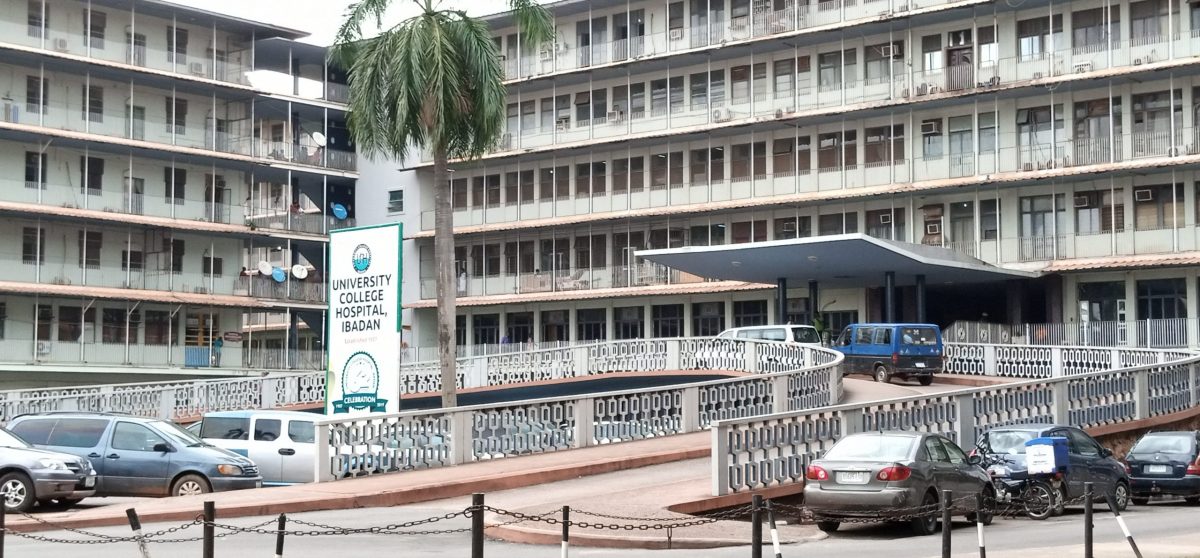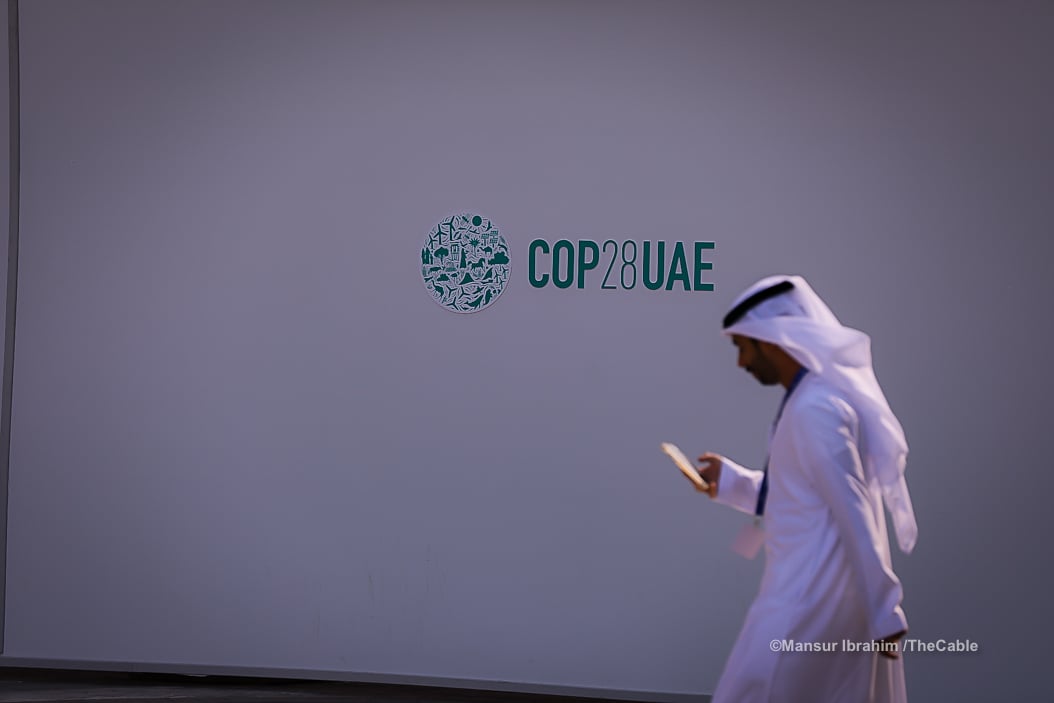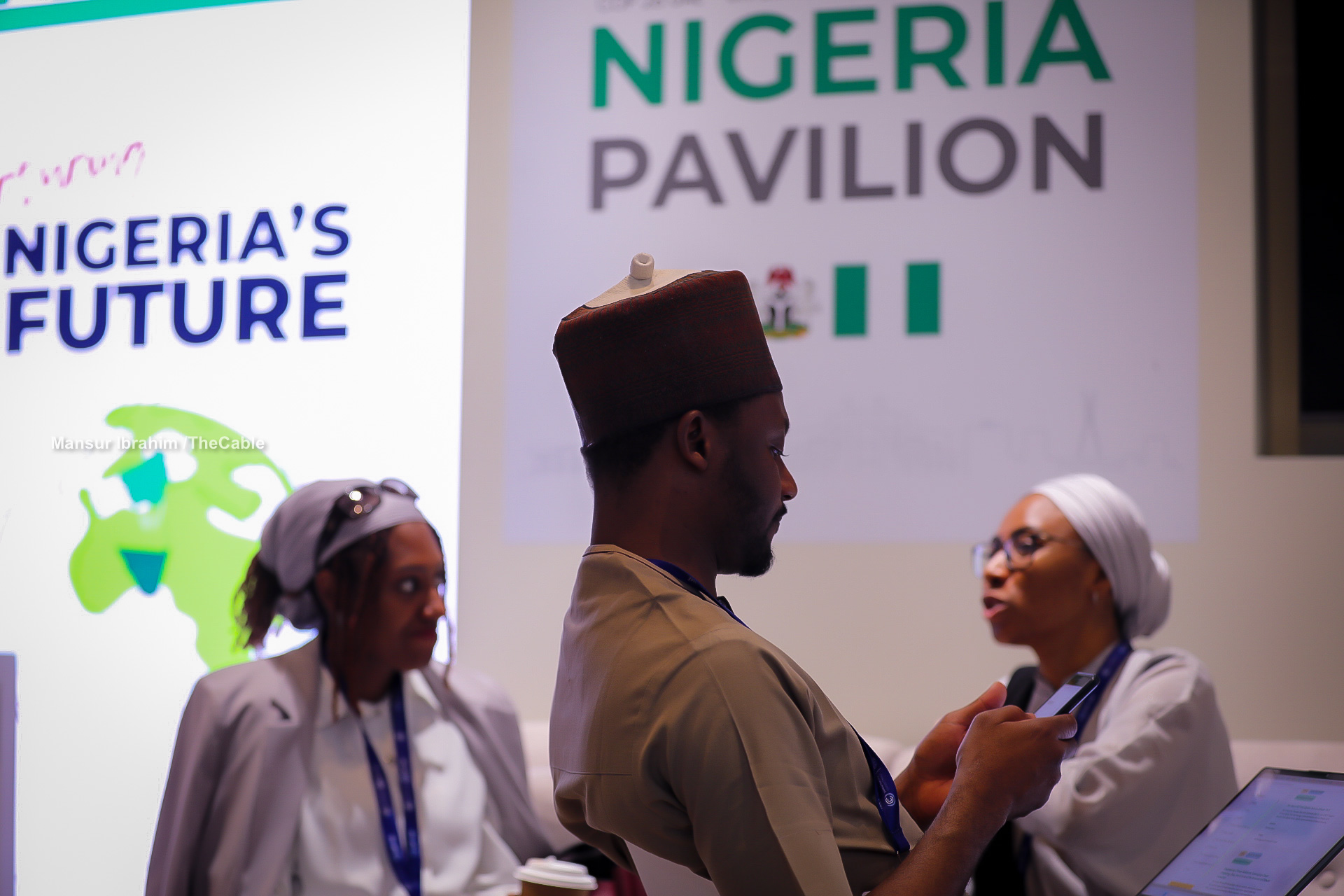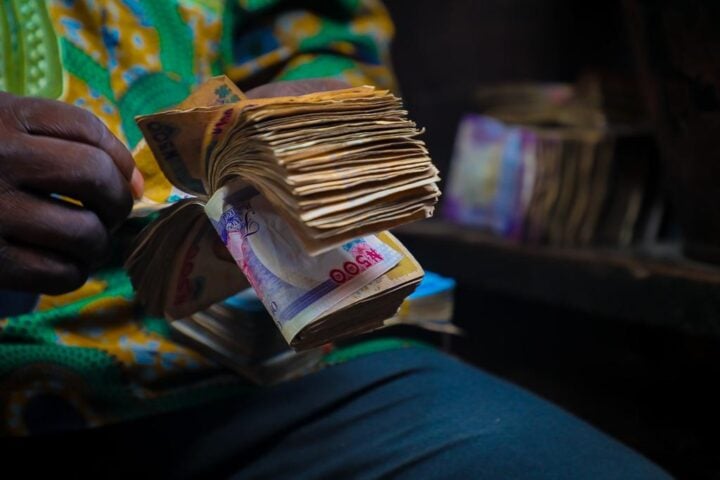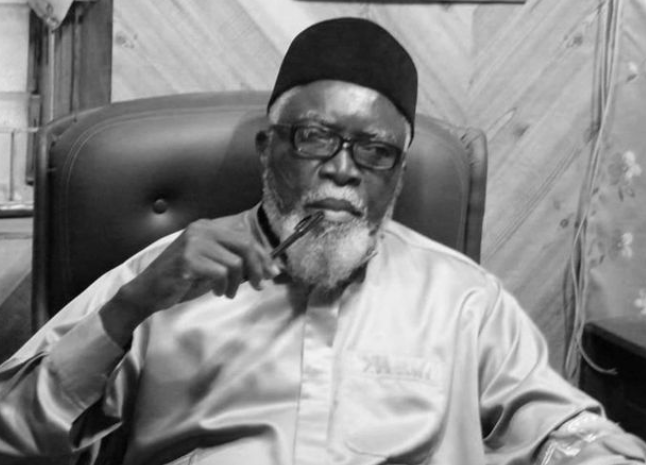UCH
BY TAJUDEEN KAREEM
The story is told that six decades ago, the Saudi monarch brought their sickness to Nigeria seeking medical care. Even so, presently Nigerians in diaspora are coming back home for surgery and treatment of difficult ailments.
Writing on their twitter handles, respectable Nigerians living abroad attests to the fact despite all the seeming challenges buffeting the health sector here, Nigerian hospitals, indeed medical professionals are no push overs.
The following submissions on twitter, X, are sobering. Dr Simi Official on @ simisola10 said people now leave the UK to get medical care in Nigeria. In reaction, Bashorun Oduduwa @ AEAdeola said: “Because there is no wait time in Nigeria and Nigeria healthcare professionals are well trained. We need to amplify the good things about Nigeria more than the bad ones.” Abimbola King @ Harbimborlar gave his verdict: This is 100 percent true. I knew a doctor who went to Nigeria for his surgery cos he cannot wait for 12 months. Nigeria will be better.
But for one Dr Gabriel O. Apata, lecturer, education consultant and policy analyst, who resides in the UK, would rather pillory Nigeria’s tertiary hospitals and deride them as mere general hospitals. He resides in the UK, an illustrious member of the “Japa family”!
Advertisement
No one will rightly say the health care sector in Nigeria has attained the ideal status. However, there is no denying the fact that there are genuine efforts to improve on the system and respond to emergent challenges, including inadequate funding, poor infrastructure, and a shortage of skilled healthcare professionals. Above all there are competing demands from no less critical sector namely education, defence, social infrastructure, among others.
In the 2024 budget, the Federal Government has allocated N1.33 trillion or 4.8 per cent to the health sector, up from N1.17 trillion budgeted last year. This gesture must be complimented by sub-national governments to keep Nigerians healthier.
Moreso, the Federal Government has rolled out the Nigeria Health Sector Renewal Investment Initiative described by Minister of Health and Social Development, Prof. Mohammed Ali Pate is “a comprehensive plan to revitalize the country’s healthcare sector.”
Advertisement
Pate recognised the urgent need to invest in healthcare infrastructure, human resources, and technology to provide accessible, affordable and quality healthcare services to all Nigerians. This initiative aims to address the existing gaps in the healthcare system and improve the overall health outcomes for Nigerians.
The key objectives of the initiative are to improve the physical infrastructure of healthcare facilities across the country, covering renovating existing healthcare centers, building new hospitals, and equipping them with modern medical equipment.
The shortage of skilled healthcare professionals has been a significant challenge in the country.
“The initiative plans to address this issue by investing in the training and recruitment of healthcare workers. This includes providing scholarships and incentives for medical students, improving the working conditions for healthcare professionals, and attracting Nigerian diaspora healthcare workers to return to the country,” said the minister.
Advertisement
Recognizing the importance of primary healthcare in preventing and managing diseases, the initiative would focus on strengthening primary healthcare centers across the country. Top is improving the availability of essential drugs, expanding immunization coverage, and implementing community health programs to promote preventive healthcare practices.
To sustain the improvements in the healthcare sector, the initiative will place emphasis on sustainable financing., by exploring innovative financing mechanisms, improving budget allocation to healthcare, and encouraging private sector participation in healthcare investments.
Indeed, experts and critics as Apata have agreed that Nigeria cannot continue to run a heath sector system where patients have to look for cash each time to fall sick or have to attend a health facility. On the reverse plane is the fact that government cannot provide free health care services! Indeed, the most pragmatic approach is to fast-track the coverage of health insurance in the country where population as peaked at 250 million.
While scaling up health insurance cover, government also examine the need for Public-Private-Partnerships in running all tertiary and general hospitals nationwide?
Advertisement
Garki Hospital, Abuja, is owned by the FCT administration but run by Nisa Premier Hospital under a PPP arrangement. It was accredited by the National Health Insurance Scheme, NHIS, in 2008 and currently has one of the largest number of enrolees in the FCT and the only PPP that accepts secondary referrals from other facilities.
The hospital is also the only facility that carries out specialized surgery under the NHIS scheme. The hospital has over 187,000 patients registered on Electronic Medical Record application, 33,906 NHIS enrollees spread across 55 Health Maintenance Organizations, HMO. Under the FCT Health Service Scheme, the hospital attends to 8139 enrollees from three HMOs, its Private Health Insurance Scheme has 1831 enrollees spread across 35 organizations and it offers corporate services to 10,502 persons from 16 registered organizations.
Advertisement
A few months ago, the Federal Government announced its expansion of the health insurance system with the launch of a new health insurance package, Group Individual and Family Social Health Insurance Programme, GIFSHIP.
Former Minister of Health, Dr. Osagie Ehanire, said the new insurance product is the outcome of wide-ranging and far-reaching reforms within NHIS to significantly increase the fiscal space for healthcare services. “GIFSHIP offers Nigerians opportunity to participate and benefit from the health insurance system. There’s opportunity for affordable individual enrolment, family unit or a group of people. Any of the enrolments can also be sponsored by well-meaning individuals, Trusts, or organizations,” said Ehanire.
Advertisement
A lecturer at the University of Ibadan who chose to remain anonymous said. His words: “Even in the UK, where healthcare is free, quality of service delivery is not what it used to be. In US, a capitalist system, it is those who can afford Health Insurance that can pay for quality service delivery.”
The Chief Medical Director, University College Hospital, Prof Abiodun Otegbayo said the hospital requires massive funding, from government and the private sector to enable it cope with the ever-increasing population of patients who throng the facility daily.
Advertisement
“In a year we welcome about 250,000 patients to UCH, including accident victims, people seeking to treat malaria and diarrhea as well as sundry referrals from across the country and from outside Nigeria. Our average monthly bill for public power supply is N57m but to provide for interruptions we buy diesel worth N20m monthly,” said Prof. Otegbayo. Indeed, these are daunting tasks for an institution that serves as a “college” and an “hospital” in a sprawling city as Ibadan.
But there are several other headaches as shortage of water, ageing equipment and facilities and most alarming, the inability to meet rising costs because many patients cannot or are unwilling to pay for health care services!
Despite these unsavory environmental and peculiar factors, Nigeria’s tertiary health institutions are striving hard to discharge their mandates. They certainly can do better with drastic improvement in funding, more infrastructure and a highly motivated workforce.
The management of UCH, Ibadan, under Prof. Otegbayo, is pursuing a vision of dogged commitment to upgrading and developing the hospital’s human and physical infrastructure.
“We indeed came across some challenges and have also been able to record some achievements with the collaboration and the support of our stakeholders and members of staff.
Over the years, the infrastructure of UCH had dilapidated and were falling below the standard when it was constructed. There became the urgent need to embark on massive rehabilitation, renovation and remodelling of the ageing structures. Even when physical structures had dilapidated, the tripod of Clinical Service, Research and Training waxed stronger,” said Otegbayo.
It is an open secret that government cannot adequately fund healthcare, so the hospital has counted on immense material and financial support from individuals, corporate bodies and agencies to add to what the government is providing.
“It is both gratifying and sad that the hospital has had to cope with a lot of stress in achieving our mandate and yet with a near abysmal level of personnel, especially clinicals. Gratifying because with the emergence of COVID-19 pandemic, the level of patients care required from the hospital increased tremendously with a concomitant rise in patients; inflow but conversely with a very low resources”, the CMD explained.
To demonstrate the enormity of challenges faced by the hospital, between January, 2019 till date, no fewer than 630 clinical staffs made up of 299 doctors, 265 nurses and other 66 comprising of radiographers, pharmacists, medical laboratory scientists and radiologists resigned their appointments, no thanks to the Japa syndrome.
Undaunted, management and staff have remained focused and committed to earn the hospital the award as the Best Public Hospital in the year 2021.
For the Nigerian health sector, glorious days are around the corner, considering the zeal of practitioners and renewed attention by the government and sundry stakeholders.
Kareem, a public policy analyst, lives in Abuja.
Views expressed by contributors are strictly personal and not of TheCable.
Add a comment
